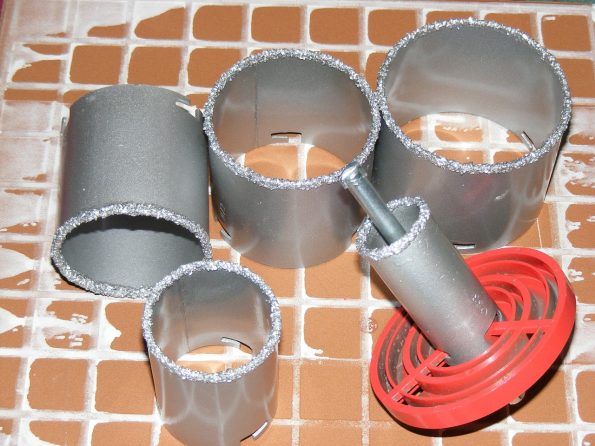Several metal compounds are widely utilized for diverse applications worldwide, but none has the unique characteristics of tungsten carbide. Combining the elements carbon and tungsten produces an alloy that is heat, corrosion, scratch, and pit resistant. Tungsten carbide applications are critical for many technology innovations used by startups and growth companies today.

Carbide also has an extraordinarily high density, a hardness second only to diamond, and superb conductivity, outperforming steel three times more in total strength. This alloy may be readily shaped into various forms, honed to a fine point, and fused with or grafted to other metals without difficulty. Tungsten carbide scrap is also among the greatest prospects for recycling in its class, rendering the alloy particularly useful for various uses, including those listed below.
- Cemented carbide
Drilling and mining tools manufactured of cemented carbide are widely utilized in construction and account for most of the material’s use worldwide. Cutting and mining instruments account for around 65 percent of the market. Due to their extreme hardness and resilience to wear and tear.
Carbide bits and tips survive longer, but they still need to be changed regularly. Luckily, the material’s recycling incentives are highly beneficial, providing even another motivation to utilize it in large quantities. Any tungsten carbide recycling company will pay top dollar per pound. That lowers production costs while helping employees to use the best equipment and accessories daily.
- Mill products and surgical instruments
Tungsten carbide is used in little over 10% of mill products, such as end mills and mill inserts. These items vary in size and shape depending on the substance they will make contact with, but they are all used in grinding and milling operations. Carbide may be used to build milling equipment that generates coarse ground materials or fine powder since it is sophisticated and moldable.
Carbide’s employment in the medical field provides another critical application for the material since the instruments made from it are regularly used to save lives. Surgical equipment is among the most well-known uses for grafted carbide since the tool’s stem is often composed of stainless steel or titanium, with a carbide blade, tip, or end. Manufacturers can hone carbide blades to a much finer edge due to the hardness of the material. Its resistance to pitting and corrosion enhances the life of the equipment it is applied to.
- Jewelry and weaponry
Creating jewelry is among the latest uses for tungsten carbide, rising in popularity every day. Carbide is a desirable alloy for making rings, pendants, earrings, and other jewelry. Due to its hardness, the material is also astonishingly beautiful when cut and polished properly. Tungsten-based wedding and engagement rings have nowadays become common, and since tungsten carbide is cheaper than gold, it is also cost-effective.
Tungsten carbides, like diamonds, are thick and hard; thus, they’re employed to manufacture armor-piercing bullets. Even though the rounds are heavily controlled and prohibited to use without a license, the armament manufacturing business offers them to military and militarized police forces as a solution. Tungsten carbides are also utilized in drone propellers to lessen the influence of wind on the part’s lifetime.
Regardless of the advantages of tungsten carbide, components produced by it will need to be replaced at some point. The best thing is that tungsten carbide is a very recyclable material, and it’s not hard to find a tungsten carbide recycling company worldwide. Tungsten carbide applications will continue to be part of many startup and growth company resources.









